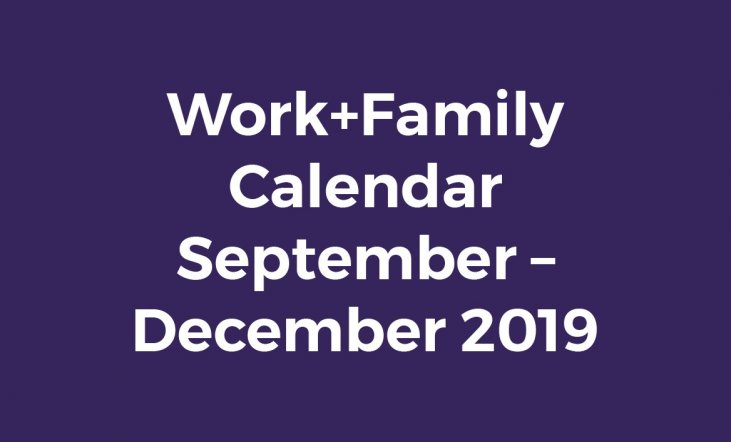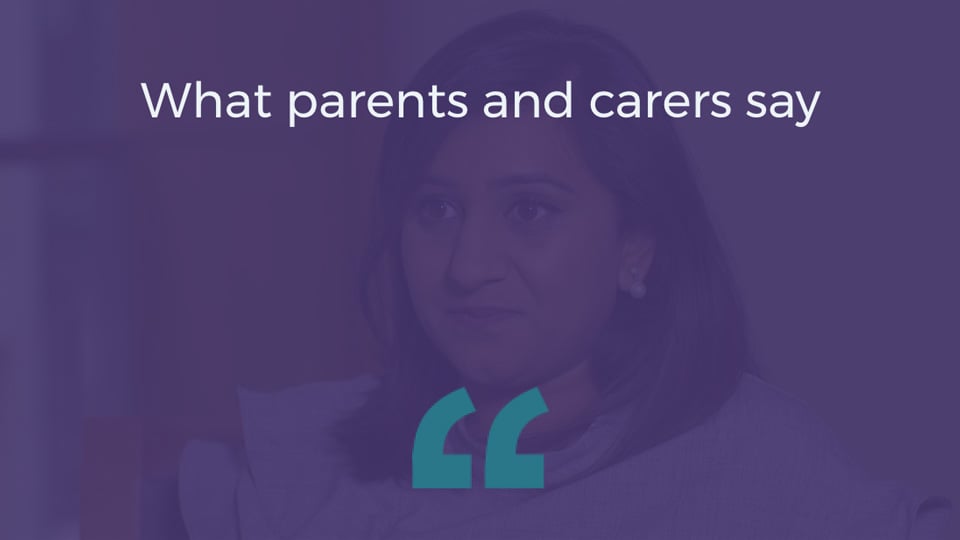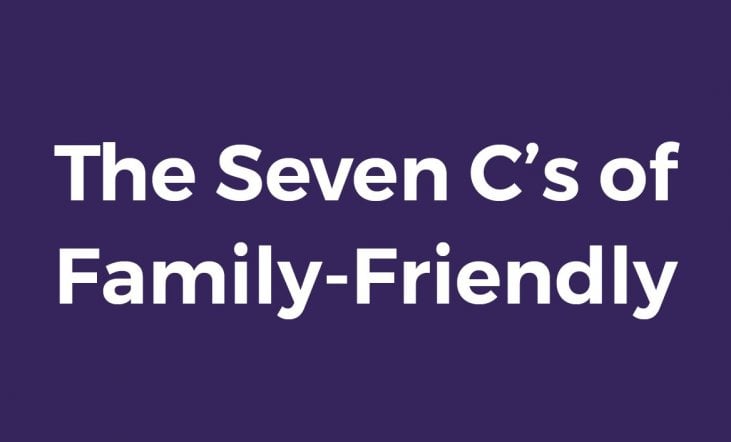Downloads
Newsletter Sign Up
Regular work+family updates for
HR and diversity professionals.
My Family Care asks Michelle: We've all worked, or lived, with someone who thinks differently than we do. How can we learn to work better together and what should we be mindful of?
Working and living with people who think differently is a daily occurrence - be it the person who sits beside me at work, the friends I meet for lunch, the person I choose to date, the children who call me auntie... But for me, this is what keeps life interesting, constantly challenges me, and, at times, leaves me ready to pull my hair out.
At work
When you first arrive at a new office setting, there is a period of settling in for employees - this is a time for you to learn about the business. For me, it's also a time of getting to know the people, or rather the personalities, around me. We all think differently; right now I'm surrounded by a doer, a creative whirlwind, an analyst and someone who needs to understand why. Learning to work with each individual is paramount to us achieving success as a team and getting the most out of each day.
Levels of flexibility vary between people, but by learning to approach conversations differently with each person, I can take advantage of the amazing skill sets they have to offer:
- The creative whirlwind - getting them to plan ahead or create a concrete plan isn't easy, but brainstorming session never fail to bring about new and inventive ideas.
- The analyst - can help me see holes that I have missed or opportunities that I thought we had covered.
- The doer - if I can turn the brainstorm into a to-do-list, I know this person will help see it through to fruition with me.
- The 'why' asker - challenges me at every turn (yes it can be frustrating - when I want to get something done quickly) and in the end I have a far more solid proposition or product because I've had to understand my own project on a different level.
What I've learned is to think about what order to approach people and how they can best improve the project I'm working on.
At home
It's likely that we've all found ourselves dating someone who challenges us, who thinks differently, and has had different experiences. For years, I dated people who were much like me. We thought the same way, had similar political views and interests, and looked at life through the same slightly rosy glasses.
Currently in a long-term relationship, we couldn't be more different. I'm extroverted and loud, he's quiet and shy. I like structure, he doesn't. He can take things apart, and rebuild them - I could take them apart, but they'd never work again. I love to socialise, it's his idea of a bad dream. We approach every situation from a different perspective, but it works, because we've learned to let the other person take the lead when their strengths will shine.
Our differences are what make us perfect for each other.
With friends
I'll never forget the first time I went on holiday with a friend of mine. We'd gone to uni together, studied the same subject, working in the same part time job - in my mind we were quite similar. Then we took a holiday together. We'd discussed it beforehand, decided what excursions we'd embark on, and, let's face it, the sun was shining, that's all I needed to know.
After the first two days, I decided something wasn't right between us - but nothing significant had happened. So, being me, I had to dig deeper. I finally asked her what I'd done wrong... her answer? "You're so bloody happy in the morning it pisses me off! And then my day is off to a bad start."
I couldn't help but laugh. We'd known each other for years, but never had to spend a morning together. I am what people describe as annoyingly upbeat from the minute I wake up in the morning. I roll out of bed with a smile on my face ready to face the day. She needs a few hours and several cups of coffee to feel remotely human. We are simply hardwired differently.
The solution - I'd leave her sleeping when I woke up, take my book to the poolside and she'd join me when she was ready. After we'd figured this out, we had a lovely holiday. Differences aren't insurmountable, but they do take a level of self-knowledge, as well as compromise.
The moral of the story
We are all unique, we all bring different attributes to the table and we all have something to offer. Learn a little humility, ask questions when something doesn't seem right, and take the time to figure out how you can work together - you'll be stronger for it.
Michelle Barr, Communications Manager, Auntie of two












